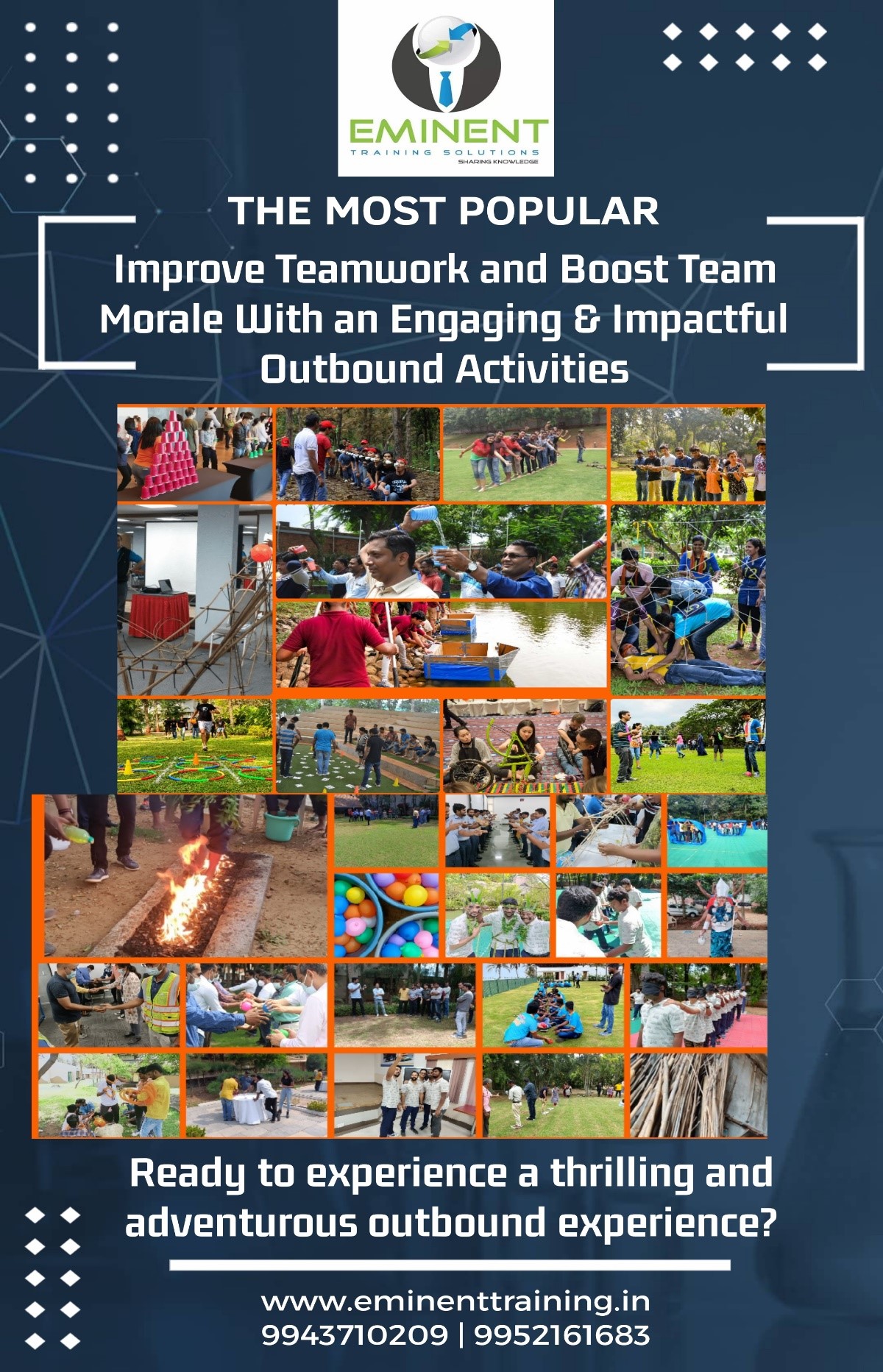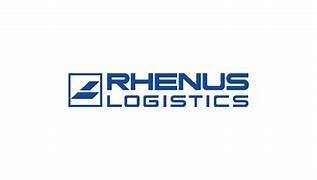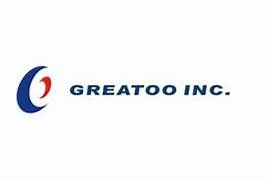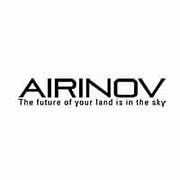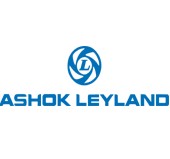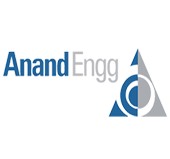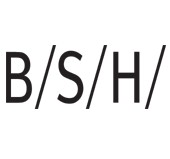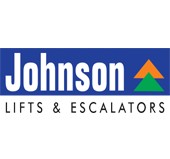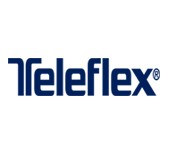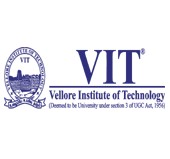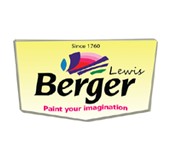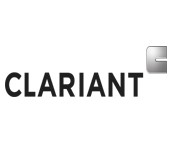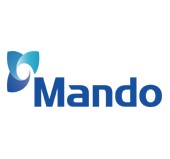Team Building
Team building experiential learning is an interactive approach to developing teamwork, collaboration, and communication skills through hands-on activities and challenges. This type of learning often includes engaging experiences such as group problem-solving, outdoor adventures, and other exercises that simulate real-world scenarios. These activities encourage participants to work together, communicate effectively, and leverage each team member's strengths.
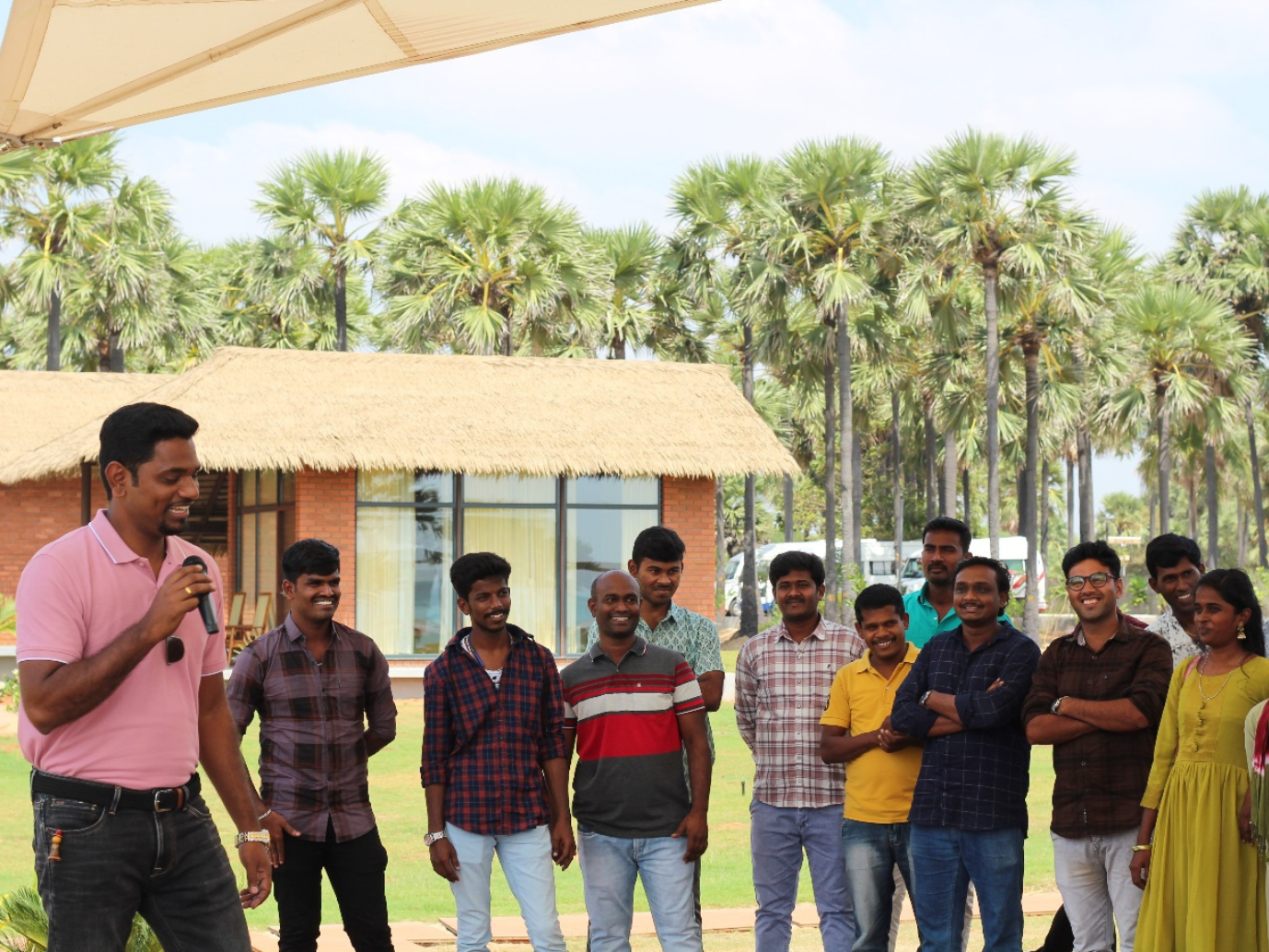
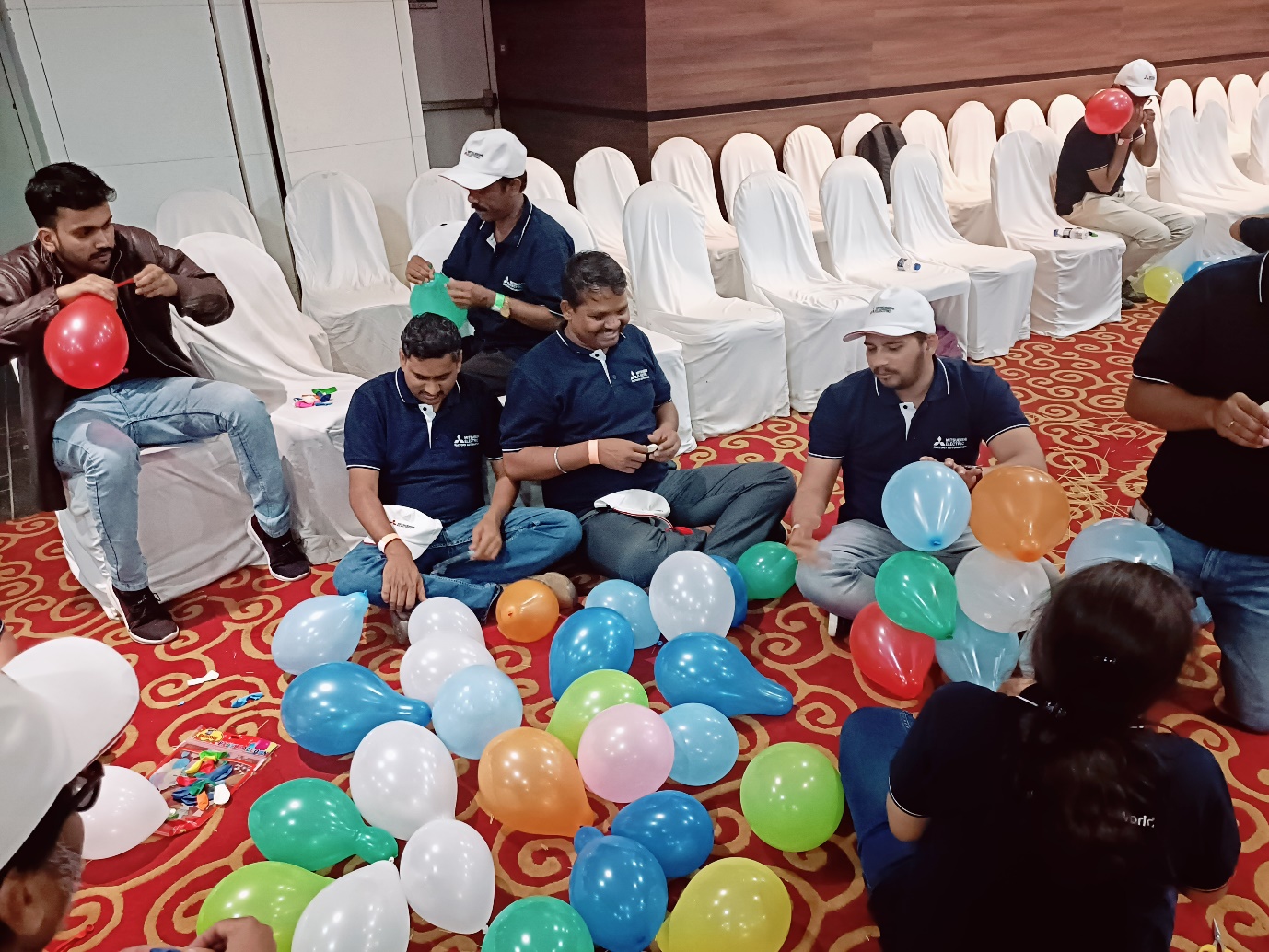
Experiential Learning impact with Team building
Strengthens Relationships:Experiential learning helps team members build trust and rapport as they navigate challenges together, fostering a supportive and cohesive team dynamic.
Enhances Communication:Through collaborative tasks, team members learn to communicate openly and effectively, which improves overall productivity and decision-making.
Promotes Problem-Solving and Creativity:Experiential learning exposes teams to new perspectives and problem-solving approaches, encouraging creative thinking and innovation.
Increases Resilience and Adaptability:Teams learn to handle setbacks and challenges with resilience, enhancing their ability to adapt to changing circumstances.
Builds Leadership and Accountability:Team members gain opportunities to step into leadership roles and take responsibility for their contributions, strengthening their personal and professional growth.
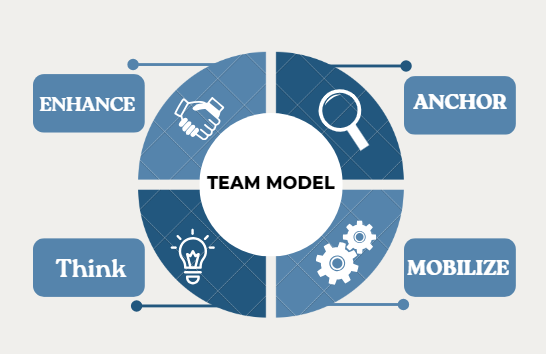
Experiential Learning methodology in Team Building
The TEAM Model offers a transformative approach to experiential learning through an army-based theme, tailored to enhance team building and performance:
Think:Teams start with a thoughtful analysis of their experiences, reflecting on their successes and challenges. This critical evaluation helps identify areas for team and individual growth.
Enhance: Participants focus on expanding their skills, perspectives, and strategies by integrating new insights and learning into their current knowledge base. This integration fosters adaptability and strengthens the team’s collective abilities.
Anchor: The team establishes sustainable practices and habits that promote ongoing collaboration, resilience, and personal well-being. Anchoring these practices ensures long-term success and cohesive teamwork.
Mobilize:Finally, teams mobilize their new knowledge and enhanced capabilities to elevate their impact within their organizations. This phase focuses on driving meaningful change and innovation, leveraging the collective strengths of the group.
Overall, team building experiential learning empowers teams to work more efficiently and effectively together, leading to improved outcomes and a stronger, more connected group dynamic.
